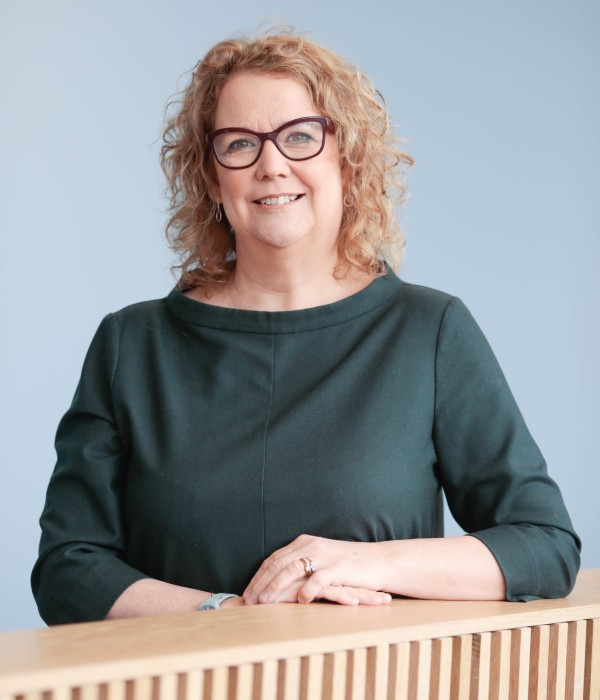Exploring how COVID-19 has impacted separated migrant children in Scotland and how best to support them going forward, will be the focus of a new University of Stirling study.
Professor Fiona Copland from the Faculty of Social Sciences has been awarded a grant of £192,000 for the 14-month-long project ‘Supporting separated migrant children to thrive during COVID-19’.
This project will try to understand the experiences of migrant children aged 12 to 18 years old now based in Scotland, who have been separated from both parents or their primary caregiver. Researchers will explore how these young people have experienced the COVID-19 crisis, how it has impacted their connection to important networks and services, and how social, legal and educational services have adapted to meet their needs in response.
Fiona Copland, Professor of Education at the University of Stirling, said: “The impact of the pandemic on crucial support networks and services poses urgent risks for young people’s wellbeing and their ability to thrive, socially and educationally. Many key services have moved online and face-to-face human contact has been lost, which may be particularly difficult for children who are not living with adult family members."

Professor of Education
COVID-19 is likely to be only one of many crises that these children have experienced in their journeys to and since arriving in the UK. In contrast, it is likely to be the greatest challenge that these services have ever faced.
The research team will also work with separated migrant children on an arts-based online project that lets the participants express their feelings about the recent crisis, while supporting their development of the English language at the same time.
Through its innovative use of activities such as storytelling, rapping and art, it is hoped the project will allow impacted young people to explore issues around isolation and for others to better understand their experiences overall.
Professor Copland added: “We are adopting a creative approach to our research and from this, hope to propose how services and networks can develop to continue to support these young people.
“We hope our findings help shape practice in this area for the better, both in the UK and internationally.”
Almost 14,000 separated migrant children applied for asylum in the EU in 2019 and latest estimates suggest around 150 are living in Scotland. Without parents and caregivers close by, these people’s connections to support networks, social work, education and legal services, and peers are vital.
The interdisciplinary research team will conduct online interviews with children, their carers, guardians, social workers and teachers, have online discussions with stakeholders in the sector and review feedback from children through their participation in the online arts activity.
Academics will work alongside partner organisations and charities in the sector including Scottish Guardianship Service, CoramBAAF Adoption and Fostering Academy, The Hands Up! Foundation and Terre des Hommes International Federation, to reach separated migrant children and help build resources that support work with this group during current and future crises.
The project is funded by the Economic and Social Research Council as part of UK Research and Innovation’s rapid response to COVID-19. Professor Copland is joined on the study by Faculty colleagues Dr Maria Fotopoulou , Dr Kinga Goodwin, Dr Maggie Grant, and Dr Paul Rigby.

